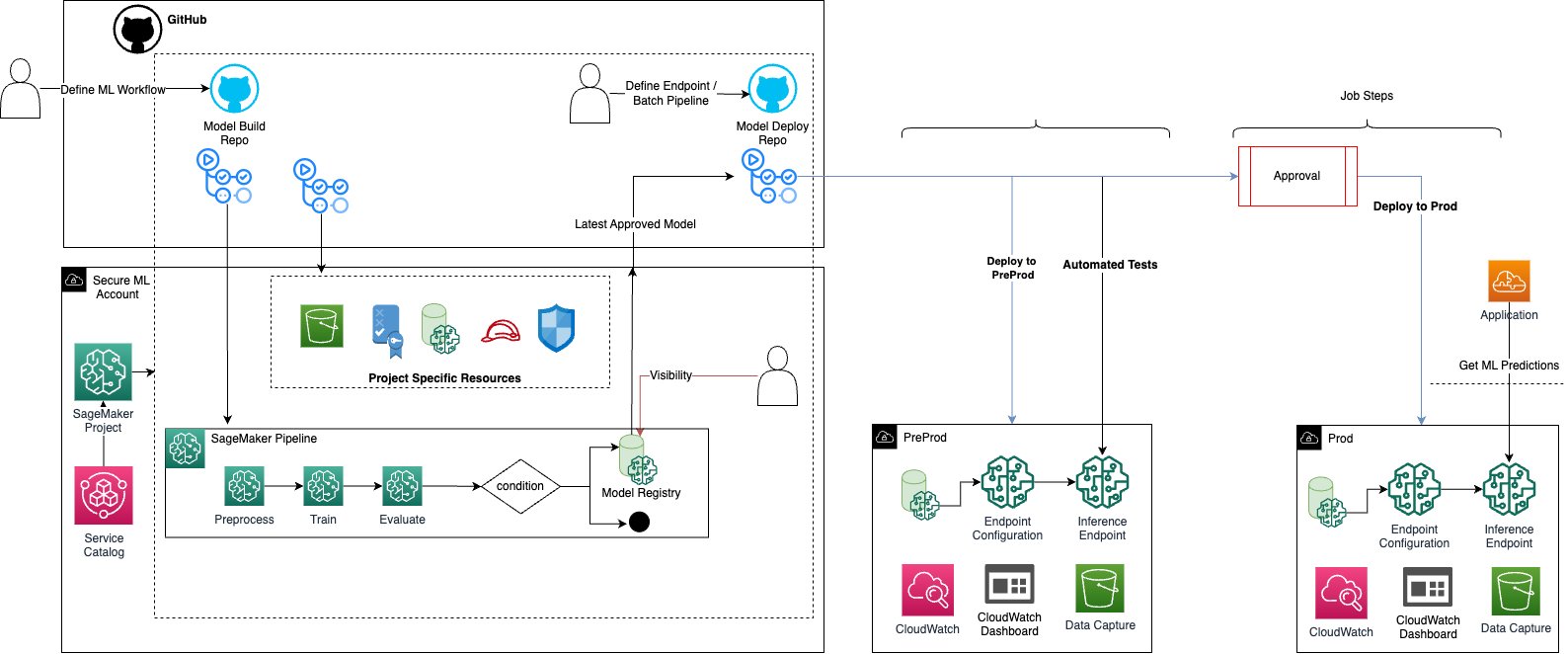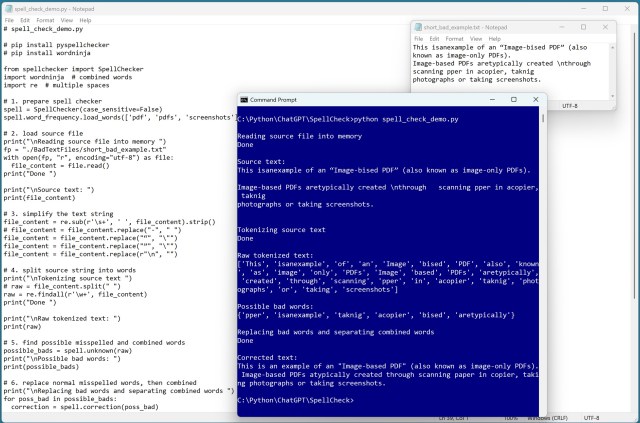News Corp Australia's Michael Miller urges media unity against tech companies pushing for free content access, blaming social media for global social cohesion issues. Miller warns of misinformation and disinformation on social platforms, urging a united front against AI companies seeking free content.
Vxceed's Lighthouse platform uses AI to create personalized sales pitches for CPG brands in emerging economies, boosting program adoption. Leveraging Amazon Bedrock, Vxceed developed a scalable solution to address the challenges of personalization and scale for field sales teams.
MIT and MBZUAI launch Collaborative Research Program to advance AI in scientific discovery, human thriving, and planetary health. Joint projects aim to push boundaries of AI responsibly, with open publishable findings and transcontinental impact.
6G networks, powered by AI, will revolutionize global communications, enabling AI-driven applications and reshaping the economy. NVIDIA leads the AI-native 6G shift, offering a high-performance, secure solution to accelerate the path to AI-native 6G worldwide.
MLOps combines people, processes, and tech to efficiently deploy ML use cases. Amazon SageMaker and Terraform streamline MLOps platform implementation.
Bank of England warns of potential market correction due to soaring valuations of AI tech companies. Threat of sharp repricing of US dollar assets if Federal Reserve loses credibility amid Trump's attacks.
BoE warns of AI bubble reminiscent of late-1990s dotcom madness. OpenAI's multibillion-dollar deals spark concerns of exuberance.
Abta reports 1 in 5 young adults use AI like ChatGPT to plan holidays, though traditional packages still dominate.
Amazon QuickSight data stories automate complex data into interactive narratives, saving time for critical decisions. Amazon Nova Act revolutionizes web browser automation for efficient data-driven decision-making.
Misinformation spreads rapidly through AI and social media, posing serious threats to society by 2025. Hemingway's BS detector is crucial as falsehoods travel globally at alarming rates.
Priya Donti's childhood experiences in India inspired her to tackle inequity using AI in renewable energy integration. Donti's work at MIT focuses on using deep learning models for better forecasting and optimization in power grids with renewables.
Natural language processing project involved extracting text from a rough PDF using PyMuPDF. Created a lightweight spelling correction tool for accurate text processing.
AI dating sites offer realistic AI girlfriends for subscribers like Eleanor, Isabelle, and Brooke, sparking debate on harmful stereotypes and exploitation in online dating. Subscribers can flirt, chat, and exchange explicit content, raising concerns despite claims of removing exploitation potential.
OpenAI secures option to buy 10% of AMD in multibillion-dollar chip deal. AMD's stock surges over 30% post-announcement, adding $80bn to market cap.
Zelda Williams urges public to cease sharing AI-generated videos of her late father, Robin Williams, calling it disrespectful and a waste of time. She emphasizes the lack of artistry and decency in creating such content, urging people to stop for the sake of everyone involved.















